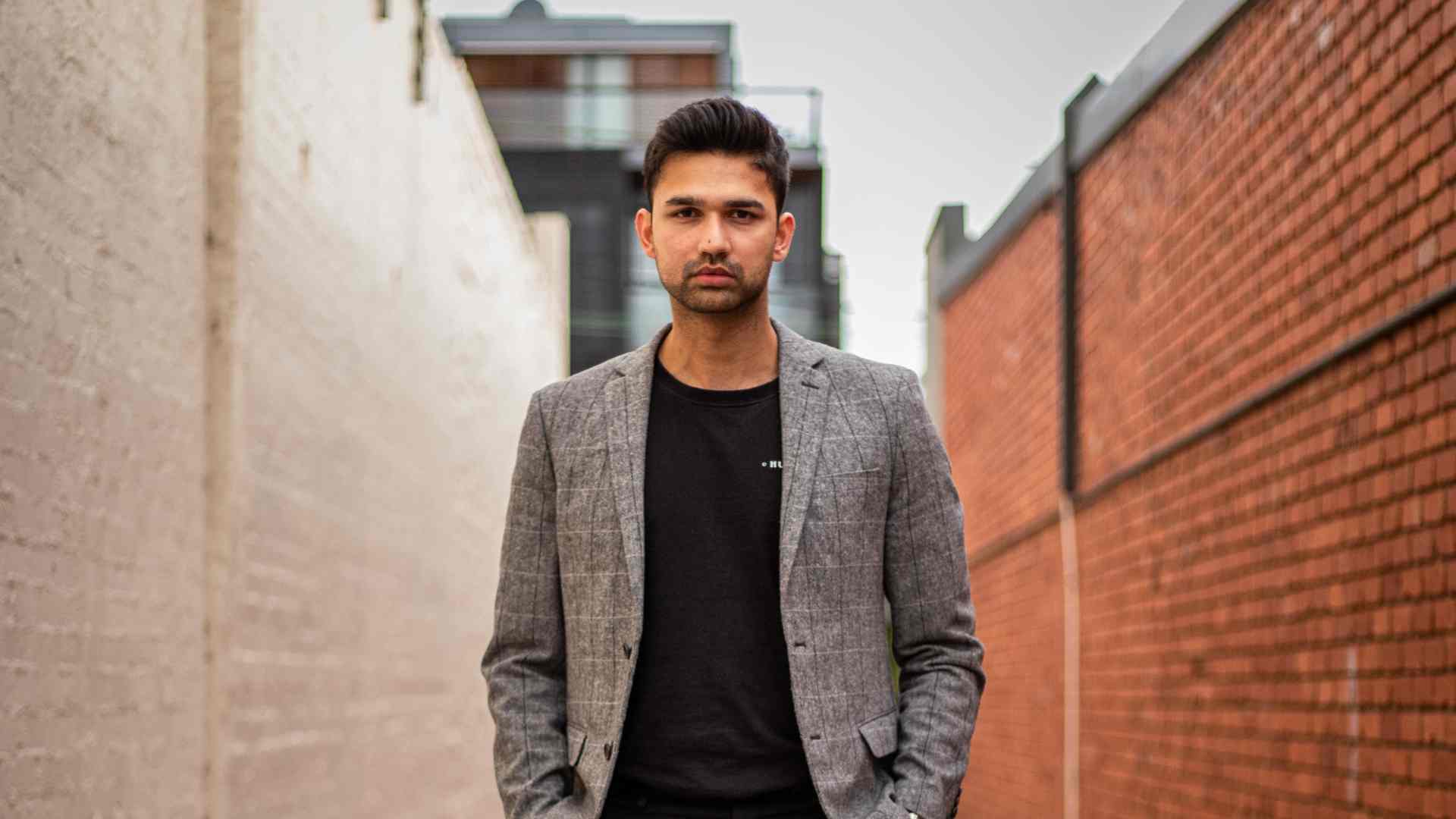
Eating Disorders in Men - A Silent Epidemic?
"I praise you because I am fearfully and wonderfully made; your works are wonderful, I know that full well." Psalm 139:14
This week is National Eating Disorder Awareness week and so we wanted to spend some time looking at this year’s key theme: eating disorders in men.
Much of my clinical time treating and supporting those with common eating disorders such as anorexia nervosa and bulimia nervosa has been with female patients. As a trainee Psychiatrist, I was taught that anorexia was up to ten times more common in women than men, for reasons that are not understood.
Indeed, whilst working on a 12-bed inpatient eating disorders unit, we only had one male patient during the entire course of the year and special provisions had to be made to accommodate him as the unit was typically female only.
However, the gap appears to be narrowing amongst younger people, with as many as 1 in 4 young people with anorexia being males, though it is difficult to estimate this accurately. Up to 2 in every 5 people with bulimia are thought to be male now.
There are a number of theories as to why the gap is closing
Historically, it might have been the case that the diagnosis was missed or not as easily considered in teenage boys and young men. One of the hallmarks of anorexia – in addition to the restrictive eating pattern and change in one’s thoughts about food – is a loss of periods, which of course men do not have.
Men with eating disorders may experience a reduction of their libido (sexual desire), but some healthcare professionals may feel that it is intrusive to ask about such symptoms and therefore this can be missed.
If a diagnosis such as anorexia was not at the forefront of the clinician’s mind, it is even less likely to be a consideration for the individual struggling with their relationship with food or their loved ones. Therefore it could be argued that fewer boys and men with anorexia and bulimia seek help. Given the lack of awareness about eating disorders in men, there is likely to be significant shame in coming forward to seek help, further compounding the problem.
Some of the emerging features of eating disorders certainly impact men and women alike, such as ‘orthorexia’, a term used to describe a preoccupation with ‘pure’ or ‘clean’ eating. This may make it more acceptable for men to come forward.
Further Research
Furthermore, over the past decade there has been an increasing amount of research into body image disturbances (body dysmorphia), which often sits alongside disordered eating. Male body image concerns are talked about much more so than they previously were, perhaps exacerbated by the social media landscape and the sometimes damaging narratives that young people in particular pick up in the context of seeing ‘body beautiful’ celebrities and their curated social media profiles.
Bigorexia is a term used to describe muscle dysmorphia, an anxiety disorder which causes someone to see themselves as small, despite being big and muscular. Anecdotally, this appears to affect men more than women and this may provide a further clue as to why the rates of these difficulties are climbing in men proportionately.
The treatment of disordered eating and body image disturbances often requires specialist input. This may entail regular therapy with a suitably qualified therapist or clinical psychologist, assessment and monitoring by a psychiatrist and input from other mental health professionals, such as a dietician.
Whilst the Bible passage above serves as an example of positive affirmation within Scripture and, as with many mental health conditions there is a role for a spiritual dimension as part of the treatment plan, I would personally recommend that this is something that should be regarded as an adjunct to rather than a substitute of the above professional support.
If you are concerned that you or a loved one might be exhibiting symptoms of an eating disorder, you should consider contacting your GP as the first port of call. If you do seek therapy, dietetic or psychiatric input directly, please ensure that the clinician has experience of supporting people with eating disorders.
For more information about eating disorders, please see here:
Dr Chi-Chi Obuaya is a Consultant Psychiatrist working in the NHS and in independent practice, as well as a Mind & Soul Foundation Director.
Dr Chi-Chi Obuaya, 28/02/2023